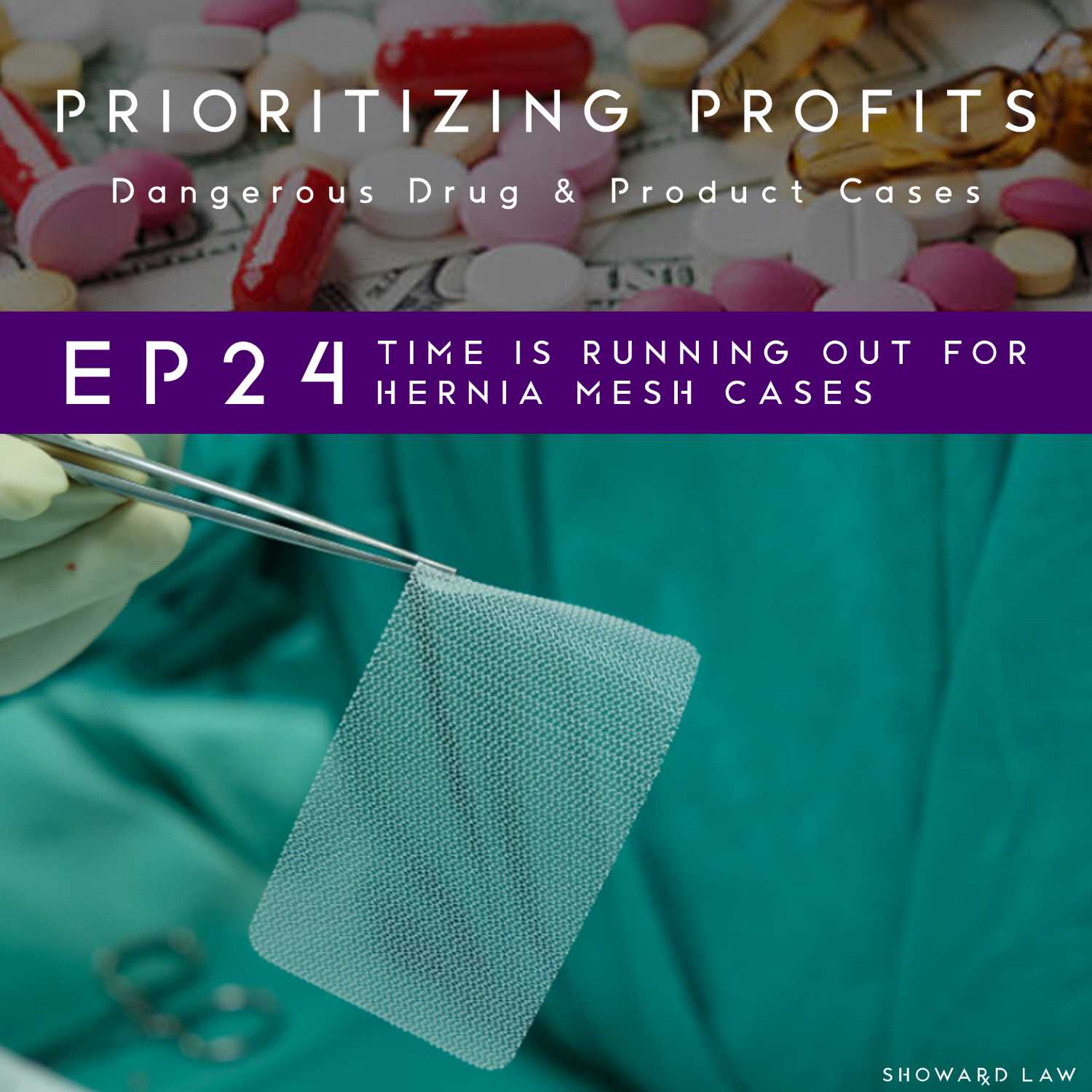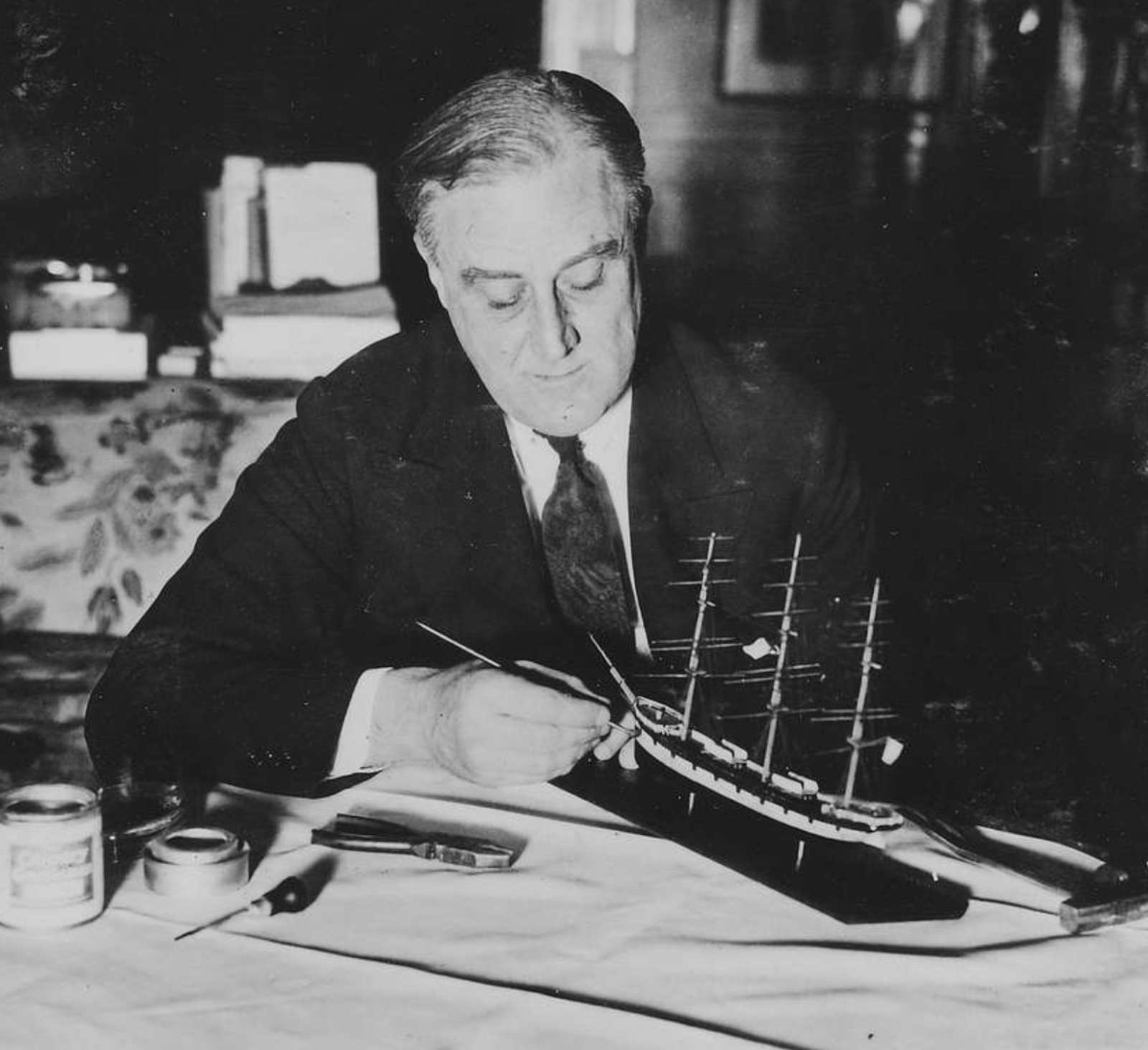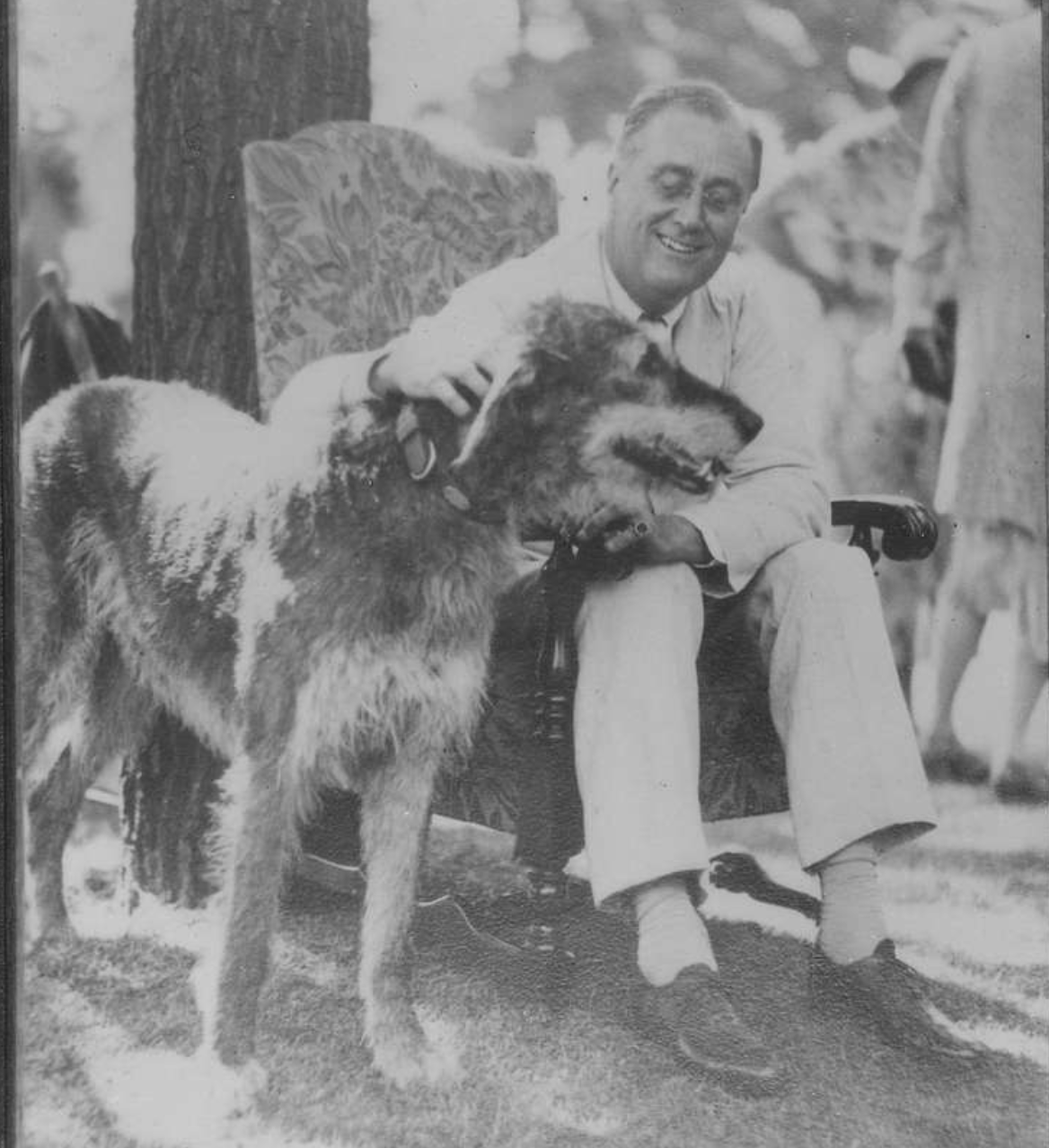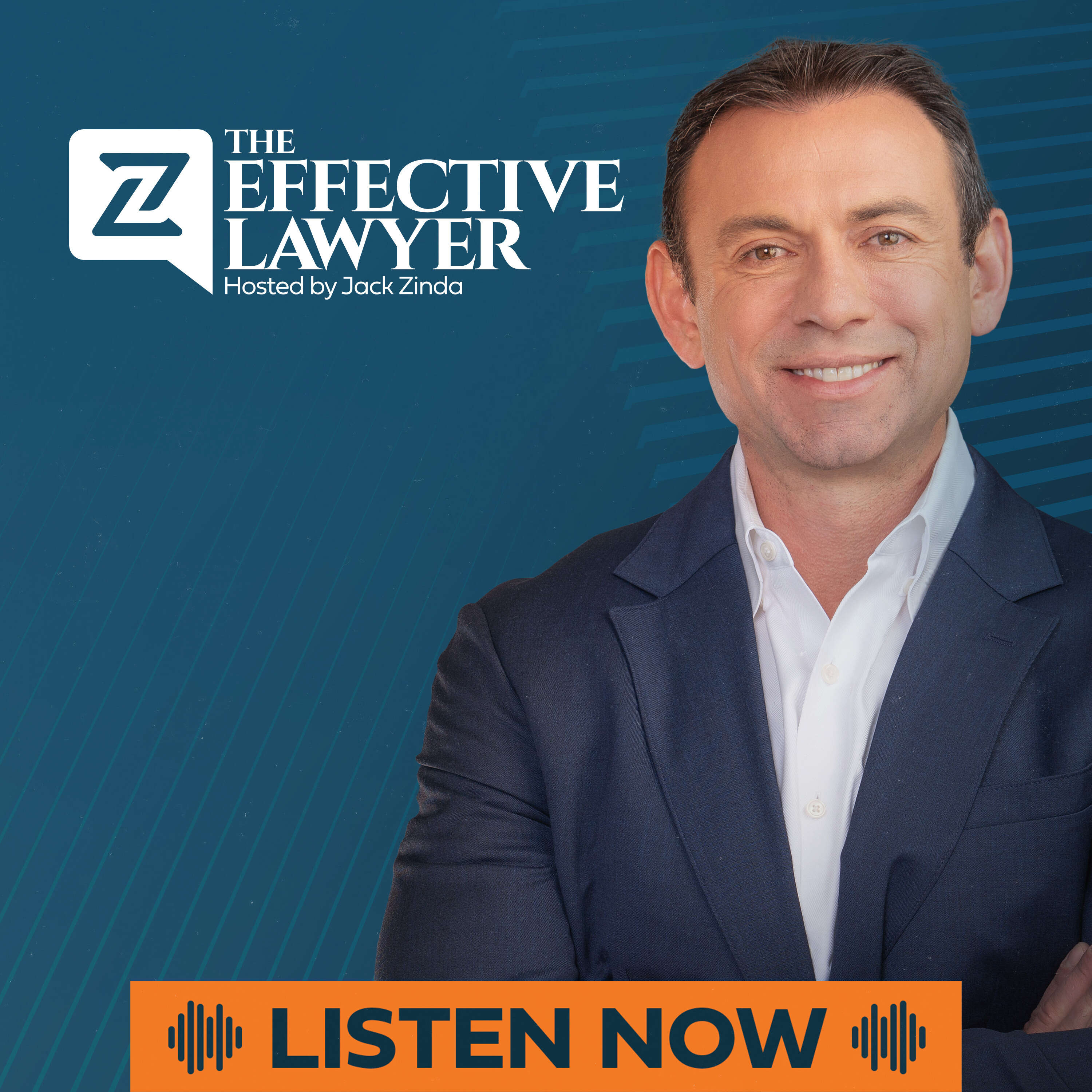Handling Premises Liability Cases
Summary
In this episode Zinda Law Group CEO and lead trial lawyer, Jack Zinda, talks with Senior Director of Attorneys and Legal Staff, Jason Aldridge. They cover everything you need to know when gathering and preparing evidence for a premises liability case.
Investigating Liability
When considering a premises liability case, understanding the relationship between the injured and the business is crucial. Conducting an initial investigation will give you a better idea of if a case is worth taking. “Setting the scene” with the client is a great way to build a timeline. You might also consider a human factors expert who will compile information about the safety of the surrounding area where the incident took place.
Tracking Down Witnesses
Jason explains how he goes about gathering evidence and shares the best practices to get the most out of your witnesses. “You must think about employees, former employees, and companies that may have interacted”. He then talks about filing open records requests. “One thing you’re looking for in these cases is to establish a pattern of conduct."
Video Footage
How valuable is video footage and how to find it? When considering video, you must be on top of it. Sending out a video request should be near the top of your list. “If it’s good for your case, they’ll try not to show you, but of course you’ll want to see it." In the situation that video is ineffective, the next best thing you can do is take your own photos of the location where the injury occurred. Jason tells a story about an instance where fighting for video footage completely flipped a case. “Don’t take ‘there’s no footage’ for an answer."
Depositions
“The common theme in all premises liability cases is money over safety." Whether it be an injury due to a fall or death due to drowning, all cases should be approached the same way. Don’t be afraid to take a lot of depositions. It can be as simple as asking a few questions to lots of people, they don’t need to be a six hour deposition. “Start with the incident itself and go out from there."
Cases to Avoid“For us, what a win looks like has to be factored into the case." When accepting a case, you want to feel confident in the fact that the jury will be deciding on how much to award in damages, not IF the client was at fault. The jury will be putting themselves in the shoes of your client and they must feel as if the accident was not “reasonable."
You can reach Jack at jack@zindalaw.com.









